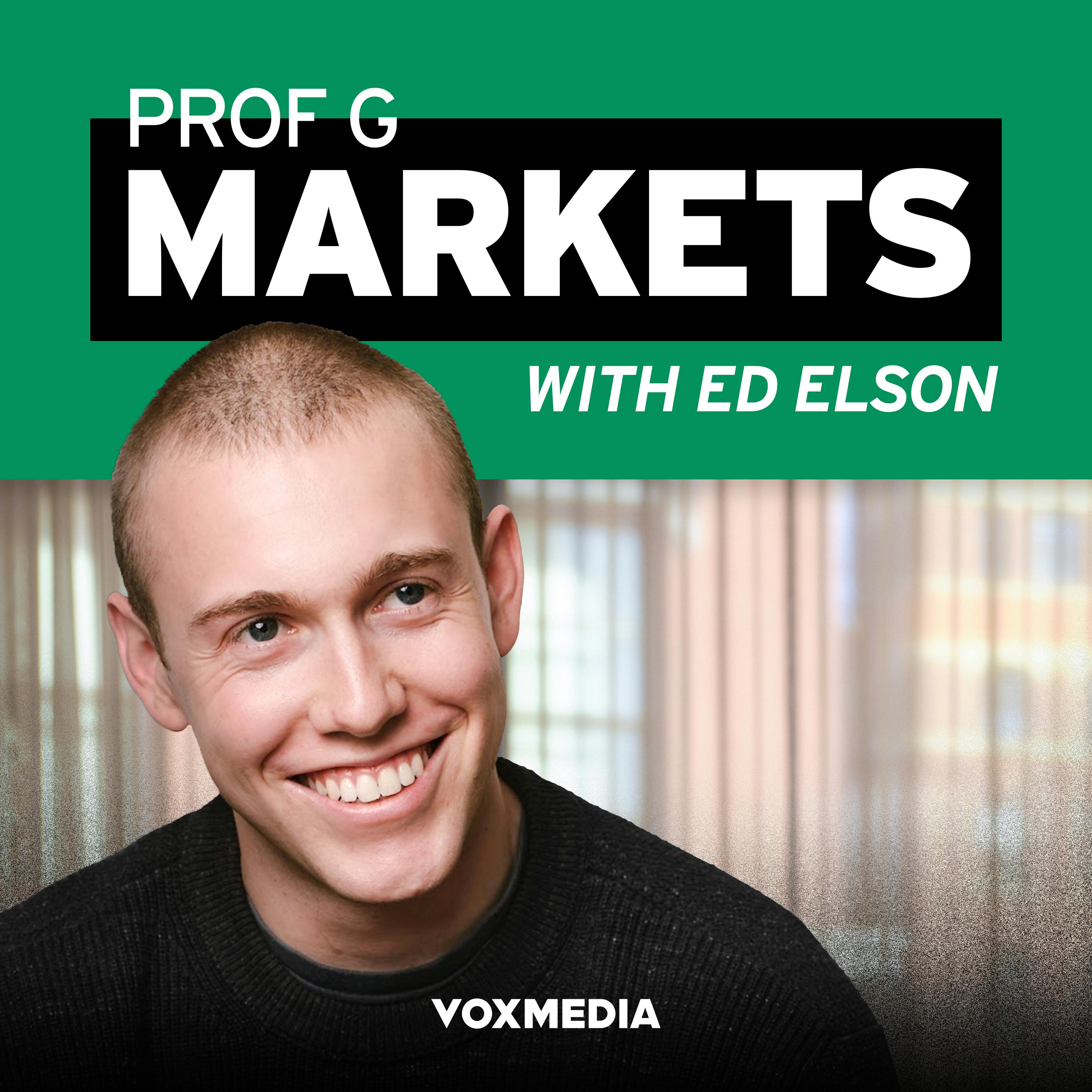Fed Cuts Rates For First Time This Year & Winners and Losers of a TikTok Deal
Ed breaks down the Fed’s interest rate decision with Robert Armstrong, U.S. financial commentator for the Financial Times. They dig into why the Fed cut rates yesterday and what that move means for the rest of the year. Then Ed and Scott discuss the details of the deal to keep TikTok in the U.S. and question who really comes out on top.
Check out our latest Prof G Markets newsletter
Order "The Algebra of Wealth" out now
Subscribe to No Mercy / No Malice
Follow Prof G Markets on Instagram
Follow Ed on Instagram and X
Follow Scott on Instagram
Learn more about your ad choices. Visit podcastchoices.com/adchoices
Check out our latest Prof G Markets newsletter
Order "The Algebra of Wealth" out now
Subscribe to No Mercy / No Malice
Follow Prof G Markets on Instagram
Follow Ed on Instagram and X
Follow Scott on Instagram
Learn more about your ad choices. Visit podcastchoices.com/adchoices
Press play and read along
Transcript
Transcript is processing—check back soon.
Prof G Markets — Fed Cuts Rates For First Time This Year & Winners and Losers of a TikTok Deal





